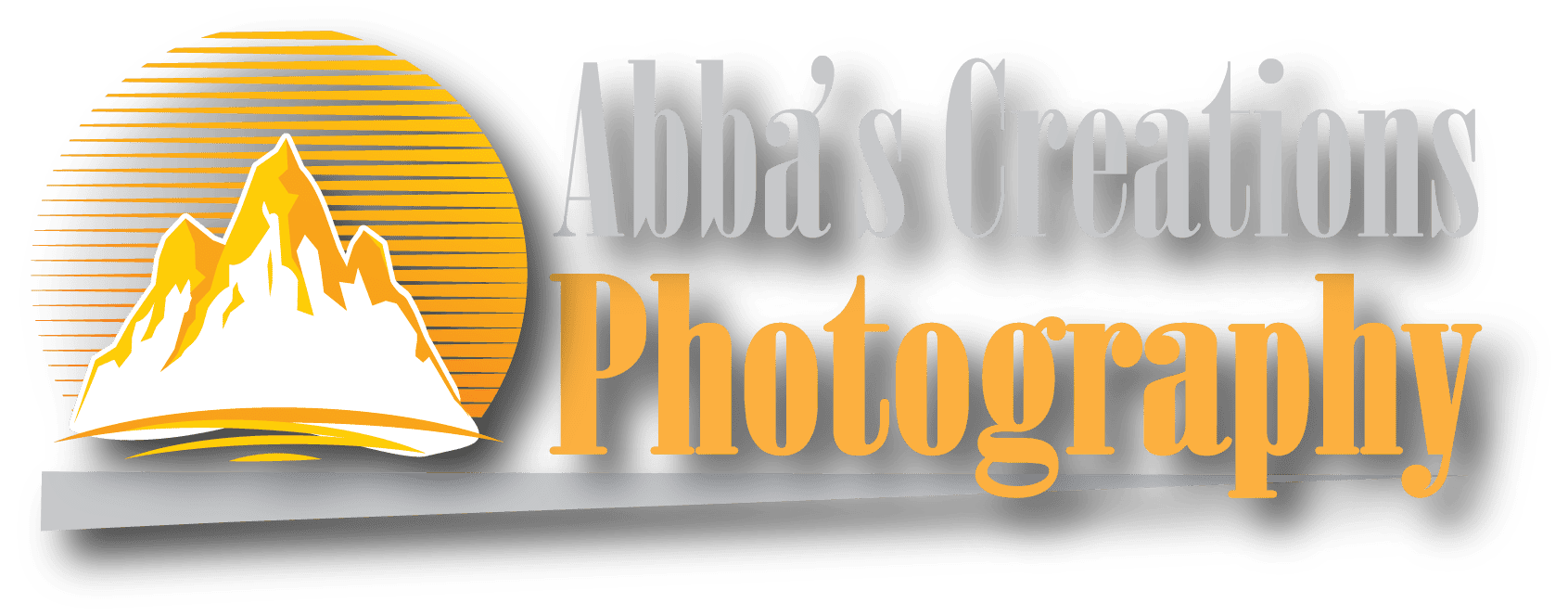Gigapixel Panoramic Photography Workshop
Recommended Equipment
What to Bring.
Camera
- Most any camera will work for Panoramic Gigapixel style photography. (Call if you have questions.)
- We will be working with RAW images so highly recommend your camera has and is set to RAW storage capability.
- At least 22 Megapixels or higher. More Megapixels = higher resolution. I shoot Canon R5 w/ 45 Megapixels and a Canon 5DSR with 51 Megapixels.
- 45 Megapixel and larger cameras produce awesome images but burns hard drive space. Bring a big external drive!
- APS-C or Full Frame is OK.
- Focus Stacking Sessions
- You will need a camera with built in Focus Bracketing capability.
- Canon R5, Nikon Z7/Z9 and Sony A7R5 all support Focus Bracketing.
- Olympus OMD E-M1 Mark II OMD E-M1 (firmware version 4.0) OMD E-M5 Mark II (firmware version 2.0) OMD E-M10 Mark II PEN-F
- Not every lens is compatible with the focus bracketing so make sure your lens is compatible.
- For HDR work (optional) you will need a camera capable of doing Bracketed images.
- Night Photography (optional) requires higher end camera with low noise, high ISO. Sony A7RIxx, Nikon D850 or Z7, Canon R5 or 5Div, Panasonic GH4
- Instruction Manual for your camera. (Read your manual. Don’t buy a new camera and come to workshop to learn how to use it.)
Batteries
- Make sure to bring plenty of spare batteries (minimum 3) and your chargers.
- Also spare batteries for your other accessories such as remote controls, robotic head, head lights etc,
Memory Cards
- Recommend at least 2 ea. 256 – 512 GB or 4 ea. 128 GB cards.
- When focus bracketing with long lens it is common to shoot up to 3,000 photos in a single panorama session.
Lens
- Ultra High Resolution imagery requires telephoto lenses. I typically use 70mm – 300mm.
- For the Focus Stacking portion I recommend beginners use focal lengths of <=200mm.
- I have used up to 600mm.
- For the Focus Stacking portion I recommend beginners use focal lengths of <=200mm.
- Zoom lenses are OK. (Bring gaffers tape or blue painters tape to hold focus & zoom rings in place.)
- Some people prefer prime lenses. They are good. I often use my Canon 300mm f/4 lens
- For optional Night Photography session bring (or rent) your widest, fastest lens. You will need f-2.8 or faster.
- I use either 24-70mm f-2.8 zoom or my 14mm, f-2.8.
- Ultra wide “Fish Eye” lenses do not work well for stitching night photos.
- 14mm – 24mm for full frame cameras
- 10mm – 18mm for APS-C sensors.
Tripod
- A sturdy tripod is a critical part of your equipment.
- Bring your standard pan & tilt or ball head.
Panoramic Nodal Head (options)
- Nodal Ninja Manual Heads (either of these 4)
-
- NN6 w/ Nadir Adapter D10, 8-100mm lenses $399
- M2 w/RD16-II (F8002), 8-200mm lenses $549
- M2 with RD8-II Rotator (F8001) 8-400+mm lenses $599
- M2 Giga w/RD8-II (F9000) 8-400+mm lenses $799
-
- Really Right Stuff Manual Head
- Robotic heads
- PanoCatcher Pivot
- Dual Axis MECHA C2-E2-E2 With NN6 and Nadir Adapter
- Gigapan Epic Pro V
- Make sure to bring charger and at least one spare battery.
- Instruction Manual for head.
Wired or (Wireless Remote Shutter Control – optional)
- Remote shutter is important if you are using manual head.
Laptop Computer
- Should have minimum of 16GB (32 – 64 GB recommended.) of memory
- 500 GB of free space on hard drive recommended.
- Card Reader for your memory cards. ( Or USB cable for camera to download photos.)
- External USB 3.0 hard drive. 4 TB or greater free space.
- Required software:
- Adobe Photoshop. Highly recommend CC2021 or later.
- If you don’t have Photoshop you can purchase Creative Cloud for a $10 per month subscription.
- Stitching Software (These are optional – Photoshop supports limited stitching.)
- PTgui Recommended (Demo version is OK but adds watermark)
- Panoweaver 10
- Adobe Camera Raw and/or Lightroom (CC version supports stitching limited # of images.)
- Focus Bracketing Software
- HDR Software (for Optional HDR session)
- PTIgui Pro version has HDR capability.
- Photomatix
- Adobe Camera Raw and/or Lightroom (CC version supports HDR stitching of limited # of images.)
Clothing for varying weather conditions.
- Dress in layers.
- Early mornings can be below freezing. Afternoons may get into 70’s. Evenings cool off very quickly after sunset.
- Gloves and head coverings.
- Comfortable hiking shoes. We may go on short hikes up to 1/2 mile.
- Flashlights or Headlamps highly advised for night photography sessions w/ extra batteries.
Water & Snacks
- Plan on having plenty of water. Humidity in this area is often quite low.
- Snacks for field sessions.
Cell Phone
- Can be of limited use in the remote Mountains. Cell coverage is spotty.
- Useful for your favorite photo apps. (Photo Pills )
Contact Info:
John Freeman, 303-485-9437 Home
email [email protected]
Feel free to contact me for more information and any questions you may have.
